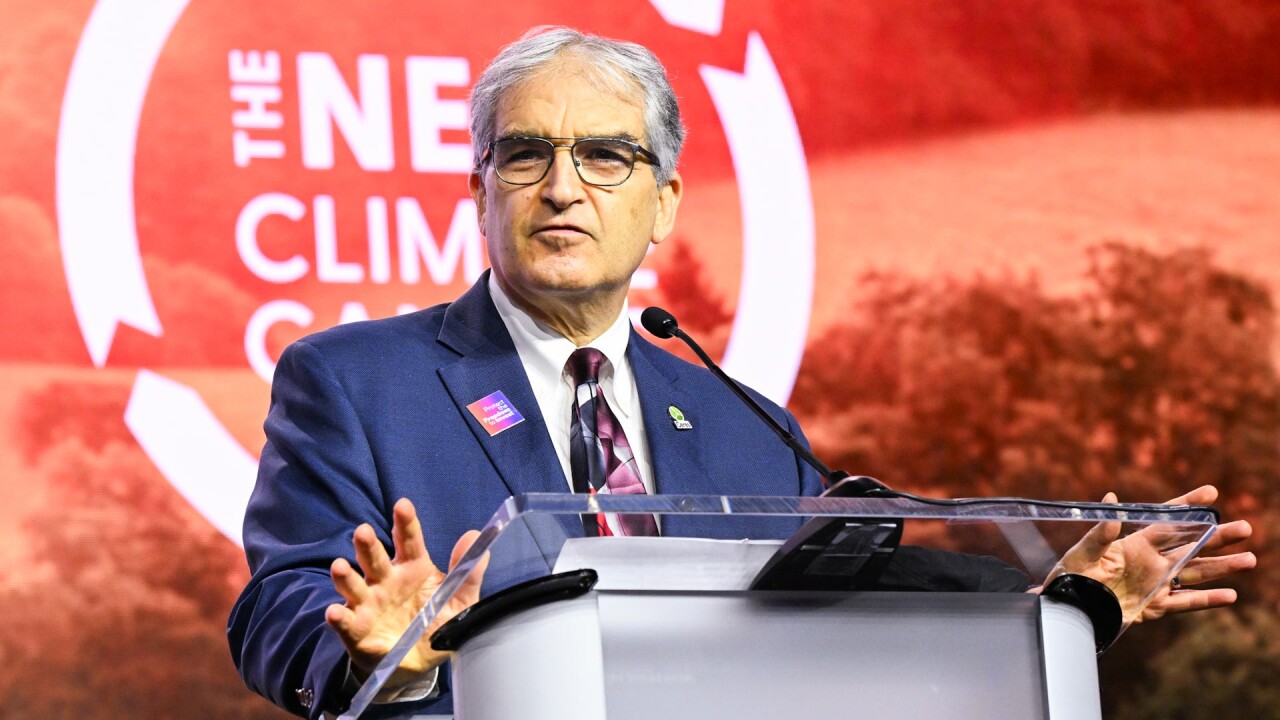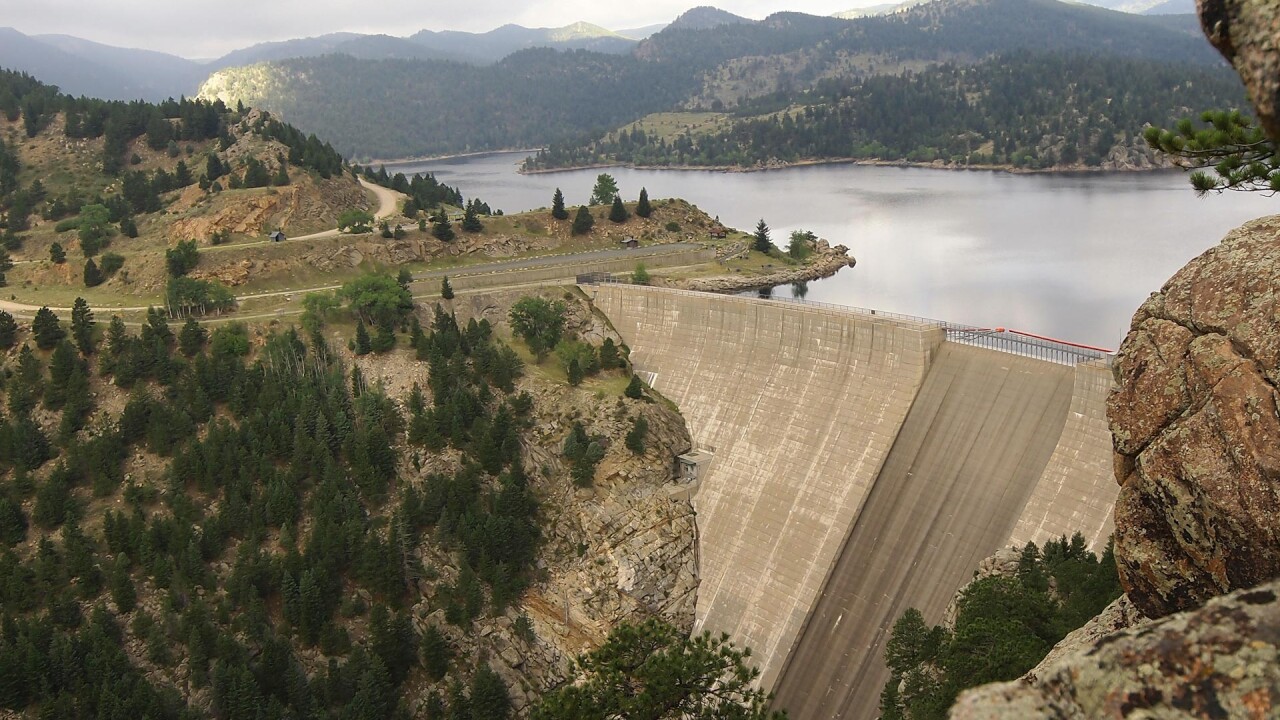LAS VEGAS - The U.S. government is not going to provide federal aid for Puerto Rico and its cash-strapped issuing authorities, former governor Luis Fortuño told municipal analysts meeting here on Thursday.
Fortuño, governor of the commonwealth from 2009-2013 and now a partner at the law firm of Steptoe & Johnson in Washington, spoke on a panel on Puerto Rico at the National Federation of Municipal Analysts annual meeting. Panel members talked about the outlook for the island that has issued billions of dollars of now junk-rated debt.
Fortuño said that while he once harbored some hope that the U.S. government would buy or otherwise reinforce the territory's debt, he now considers that out of the question because it would be a "slippery slope" to doing the same for other distressed municipalities such as Detroit.
The U.S. Treasury has been providing guidance to Puerto Rico but has also repeatedly denied that any more material assistance is on the table.
In an interview with The Bond Buyer, the politically conservative Fortuño, said it is too early to tell whether a bankruptcy bill introduced earlier this year by Pedro Pierluisi, Puerto Rico's non-voting member of Congress, will become law.
That legislation would permit government-owned Puerto Rico utilities, such as the Puerto Rico Electric Power Authority, to file for bankruptcy protection under Chapter 9 of the U.S. Bankruptcy Code.
While Republicans in a House panel that heard testimony on the bill seemed unenthused about it, Fortuño said that option is "definitely" better than the Puerto Rico Public Corporations Debt Enforcement and Recovery Act signed into law by its current governor last year.
That law, which would grant PREPA and other Puerto Rico public corporations the ability to restructure their outstanding debt, is currently under review by a federal appeals court in Boston after a district court judge in San Juan tossed it out for conflicting with federal law. Fortuño said he supports the Chapter 9 process because it would bring more certainty than the legal free-for-all that could happen otherwise. He said there is no reason for Puerto Rico's public corporations to be treated differently than those in the 50 states.
"It makes no sense," he said.





